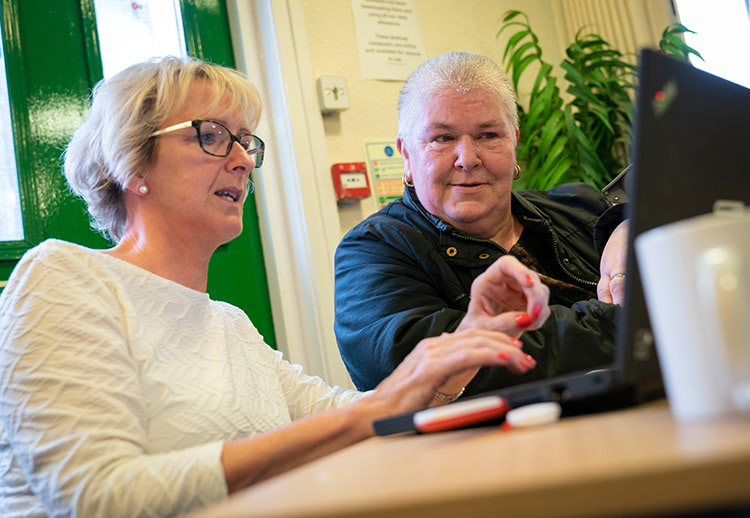Genuinely level up by giving skills powers to local areas, says think tank

New research from think tank @wearenewlocal and @FETforL finds: Local areas and their communities could transform skills and training in England and should be given the powers and resources to do so
The current centrally led skills system will increasingly struggle to cope with challenges posed by Covid-19, Brexit, automation and a changing global economy.
New Local’s research, funded and supported by The Further Education Trust for Leadership (FETL), calls for a full and unconditional transfer of power from central government to ‘local skills partnerships’, including councils, colleges and communities.
Participation and spending in England’s skill sector is at an all-time-low. Total spending on adult education (excluding apprenticeships) fell by 47 per cent between 2009/10 and 2018/19, and learner numbers dropped from 4.4 million in 2004/05 to 1.5 million in 2017/18.
In late 2019, nearly three-quarters of businesses attempting to recruit reported difficulties because of a shortage of skills.
A devolved system would reflect the fact that economic and business landscapes are vastly different in each area, and would give local areas and citizens more freedom to shape the skills training they most need and will benefit from.
Charlotte Morgan, report author and Senior Policy Researcher at New Local, says:
“In a country as diverse and economically divided as the UK there is simply no such thing as a national labour market. The first step is to recognise this, the second is to give local areas in England powers and resources to design, commission and deliver the skills and training initiatives they need to genuinely level up.”
“The employment market is about to face huge changes and challenges, and without greater local autonomy to respond to current and future labour market needs, many workers risk being left behind. A revolution in the way skills systems operate will benefit learners, employers and the whole economy.”
Adam Lent, Chief Executive, New Local says:
“The Covid-19 pandemic has taught us that local areas and their populations are best placed to tackle problems at the root, rather than being dictated to by remote powers in Westminster. This applies to dealing with mounting unemployment and skills shortages too.
“Local areas and their communities can approach these problems in an intelligent, targeted and collaborative way – helping to build relevant skills that will help people cope in the short-term and ultimately thrive as part of a new global economy.”
Dame Ruth Silver DBE, President of FETL, says:
“Like so many other things in our national life, our approach to the planning of skills and education remains heavily centralised, with too little scope for local adaptation. This has created a system that is top-heavy, often unwieldy, and not sufficiently flexible to respond to changing local circumstances and challenges at community level.
“This needs to change. Community-led devolution is critical to the future delivery of further education and skills. To achieve this, councils and colleges need to be willing to work even more closely with each other and with their communities.”
In New Local’s vision for a transformed skills system, powers and budgets will sit with combined authorities and local partnerships, giving them greater autonomy over service design, commissioning and delivery in areas such as 16-19 education, apprenticeships, careers advice, retraining and adult lifelong learning.
Meanwhile, Local Communities Partnerships will mean resident and learner communities have a direct voice in skills strategy and policy discussions.
In this vision the UK Government would retain some strategic oversight of skills development in England, forming and enforcing national policy frameworks and baseline standards in partnership with local skills partners and communities.












Responses